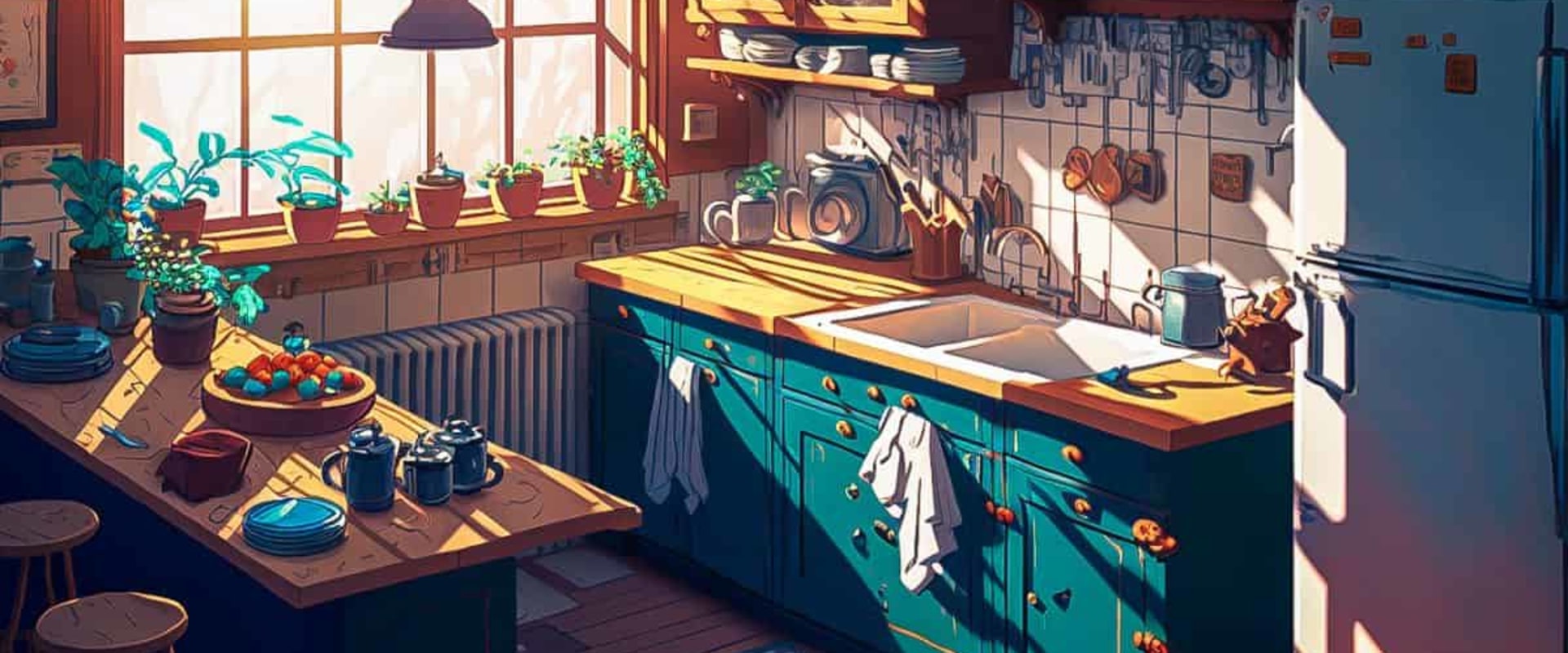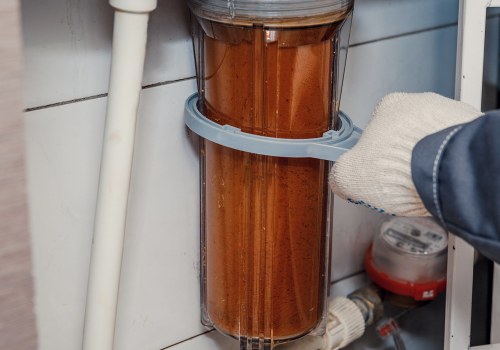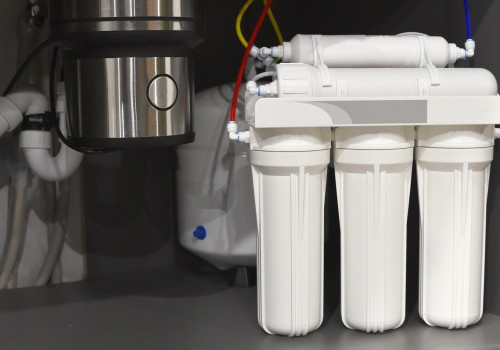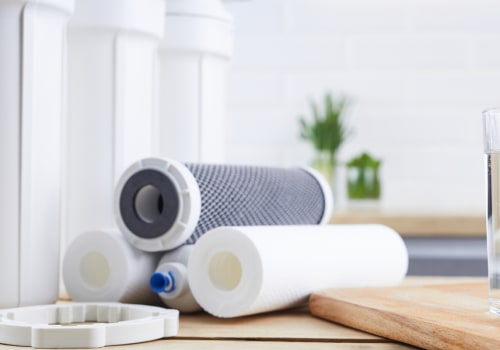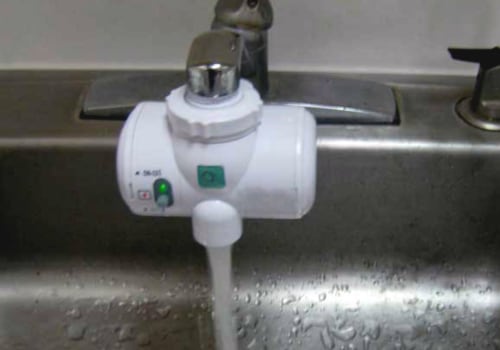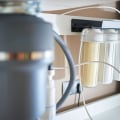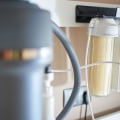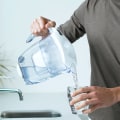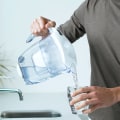In addition to improving the aesthetics of water and potentially eliminating a wide range of contaminants, the use of tap water filters has multiple advantages. To be honest, we love systems that are tested according to NSF standards because they involve the manufacturer's trust in their product. Not to mention the peace of mind it offers to consumers who are struggling to decide between several brands. Most water filters, including jugs, can reduce odor and improve taste.
The more effective the system is at removing both contaminants and the resulting odor, the higher the level of filtration. Not to mention that good quality jugs now have ceramic filtration technology for even better purification. Here are a few other things to consider before you decide which type of filter is best for you. A recent Consumer Reports survey revealed that nearly half of Americans who drink municipal drinking water complain of an unpleasant smell in tap water.Add in the fact that each jug can hold a maximum of 12 cups, you might run out of purified water if you forget to fill those jugs.
The filter cartridge is made of carbon shell with a compact construction for maximum possible filtration. Most water filter jugs are made of BPA-free plastic that can last for many years before breaking. These gravity-based water filters can hold between 10 and 25 cups of water, depending on the size and brand. Water filter jugs use a filter cartridge in their center to clean the water as it passes from the upper tank to the filtered water tank. As a result, many homeowners are equipping their homes with standard water filters that remove any pathogenic, chemical and organic contaminants that may be flowing into their water supplies.
However, with children, pets and a large family, these jugs won't be able to provide drinking and cooking water to everyone at once. It is designed to filter 99.9 percent of contaminants thanks to its replaceable filters that are made of activated carbon and ion exchange resin and are capable of filtering approximately 3,000 gallons of water before needing to be replaced.
What Should You Consider When Choosing a Water Filtration System?
When it comes to selecting between a pitcher or countertop water filter, there are several factors you should take into account. First, consider your family size and how much purified water you need on a daily basis. If you have a large family or need more than 12 cups per day, then you should opt for a countertop filter instead. Next, consider how often you will need to replace your filter cartridges.Most pitcher filters require replacement every two months while countertop filters require replacement every six months or so. This means that countertop filters are more cost-effective in the long run. Finally, consider how much space you have available in your kitchen or bathroom for installation. Countertop filters require more space than pitcher filters but offer more convenience since they don't need to be refilled as often.
